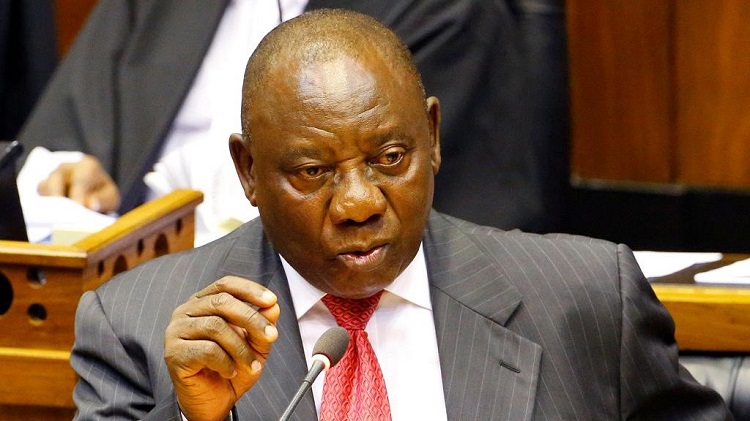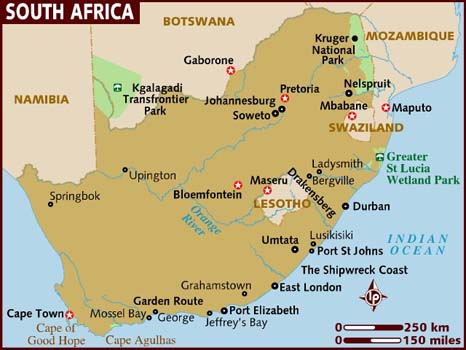South Africa’s Economic Rescue
September 24, 2018 | Expert Insights

South Africa is in a recession for the first time since the financial crisis of 2008. The President’s platform has been in economic recovery since he began his term, but he has failed to revitalize the country’s economy. He has now proposed an extensive stimulus package to support various aspects of the economy to help it regain its competitiveness.
Background
South Africa is an upper-middle-income economy and a newly industrialised country. Its economy is the second largest in Africa, and the 34th-largest in the world. In terms of purchasing power parity, South Africa has the seventh-highest per capita income in Africa. However, poverty and inequality remain widespread, with about a quarter of the population unemployed and living on less than US$1.25 a day.
The African National Congress (ANC), which has ruled South Africa since the fall of apartheid, promised reforms to redress racial disparities in land ownership. Despite more than 20 years of ANC rule, whites still own most of South Africa’s land. President Ramaphosa said expropriation without compensation will be one of the measures used by the government to speed up redistribution.
A recession is defined as two successive quarters of negative economic growth. South Africa’s First Quarter performance of this year was negatively impacted by Jacob Zuma’s resignation from being President. The last time South Africa fell into a recession was during the Global Financial Crisis in 2009, and it had recovered well. It had been classified as an ‘Emerging market economy’ with a robust agricultural base.

To read more of our South Africa coverage, click here.
Analysis
South African President, Cyril Ramaphosa, has outlined a detailed stimulus package to rescue the country’s economy from recession. A $400 billion rand infrastructure, changes to immigration policies and boosting agriculture are all part of the plan. Improved infrastructure will encourage tourism, a key objective. Making immigration easier will allow more highly skilled workers to enter the country. Boosting agriculture is necessary for an economy that is highly dependent on agriculture, and one that has been besieged by drought recently.
Earlier this year, the Economic Freedom Fighters (EFF) party motion seeking to change the constitution to allow for land reform was backed by ANU and passed. However, the government is yet to work out the details of the implementation process. President Ramaphosa said expropriation without compensation will be one of the measures used by the government to speed up redistribution. This plan has received international criticism, with Australia approving emergency visas for white South African farmers facing violent attacks. The Institute of Race Relations has urged the international community to step in, as the South African government continues to deny the violence caused by the bill.
The President began his term with promises of economic recovery, gaining support from investors and the business community. However, the economy weakened and went into recession, raising concerns about the President’s policies. In order to combat the recession better, his new economy recovery plan contains extensive stimulus to hasten revival. He seems certain that these measures will revitalize the South African economy and set it on a path towards growth and global competitiveness. The announcement of the plan has already strengthened the South African rand against the dollar.
Assessment
Our assessment is that while this stimulus package does not address all the challenges faced by the South African economy, these measures will help rebuild the economy and its industries, allowing it to become more competitive in the global market. We feel it is essential that this plan is supported by strong economic reform action, rather than merely being political rhetoric. It remains to be seen how much of it is the latter, with further details expected to emerge in the October budget.








Comments